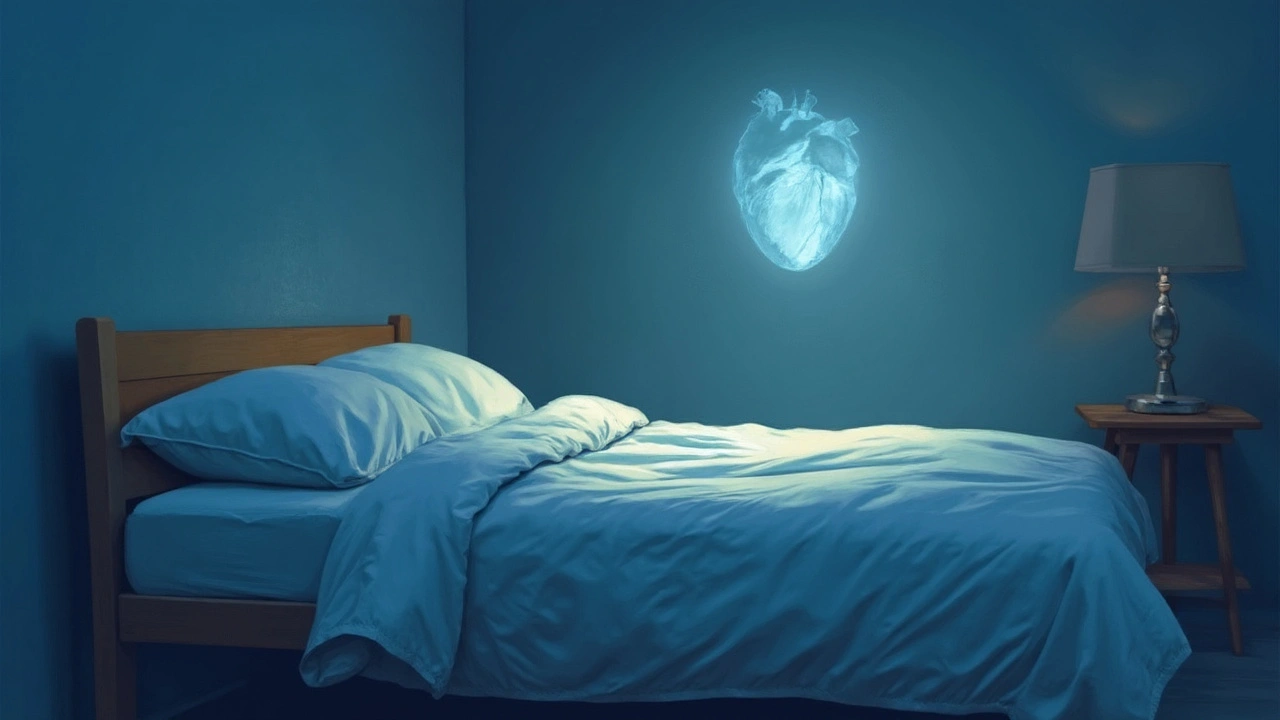Struggling to stay asleep or waking up feeling groggy? You’re not alone. A few easy changes to your routine can turn restless nights into solid, refreshing sleep. Below you’ll find the most useful habits, safe over‑the‑counter aids, and quick checks to keep your sleep on track.
First, treat your bedtime like an appointment you can’t miss. Set a consistent lights‑out time and stick to it, even on weekends. Your body’s internal clock, or circadian rhythm, loves predictability and will start releasing melatonin at the right moment.
Turn off bright screens at least 30 minutes before bed. The blue light from phones and TVs tricks your brain into thinking it’s still daytime. If you must use a device, enable a night‑mode filter or wear blue‑light blocking glasses.
Keep your bedroom cool—around 65°F (18‑19°C) works for most people. A cooler room signals your body to drop core temperature, a key step in falling asleep quickly.
Limit caffeine after noon and avoid large meals close to bedtime. Caffeine can stay in your system for up to eight hours, and a heavy stomach can keep you tossing.
Try a short wind‑down routine: light stretching, a few deep breaths, or reading a paperback. These activities cue your nervous system that it’s time to relax, making the transition to sleep smoother.
When lifestyle tweaks aren’t enough, a gentle sleep aid can help. Over‑the‑counter options like diphenhydramine (found in many allergy pills) or melatonin supplements are the most common. Diphenhydramine can cause next‑day grogginess, especially if you take more than the recommended dose. Melatonin works best if you take it 30‑60 minutes before bed and keep the dosage low (0.3‑1 mg) to avoid vivid dreams.Prescription sleep medicines exist, but they should be a last resort because they can create dependence. If a doctor suggests a prescription, ask about short‑term use, side effects, and whether a non‑drug approach might work first.
Check the label for inactive ingredients if you have allergies. Some sleep aids contain antihistamines that might interact with other meds like blood pressure pills.
Before you start any supplement, a quick chat with your pharmacist can prevent unwanted interactions. They can also suggest reputable brands that follow good manufacturing practices.
Finally, track your sleep for a week using a simple journal or a phone app. Note bedtime, wake‑time, how many times you woke, and how you felt in the morning. Patterns in the data often reveal hidden problems—like a noisy environment or inconsistent schedule—so you can fix them.
Good sleep isn’t a luxury; it’s a cornerstone of health. By locking in a steady routine, tweaking your bedroom environment, and choosing safe aids only when needed, you can enjoy deeper, more restorative rest. Start with one change today and watch your nights improve.

Isosorbide mononitrate is a medication commonly used for heart conditions, particularly angina. However, some users report changes in their sleep patterns. This article explores the relationship between isosorbide mononitrate and sleep, offering insights into how the medication might influence rest. We discuss potential side effects, lifestyle tips, and what to discuss with your doctor if you're concerned about sleep disturbances.